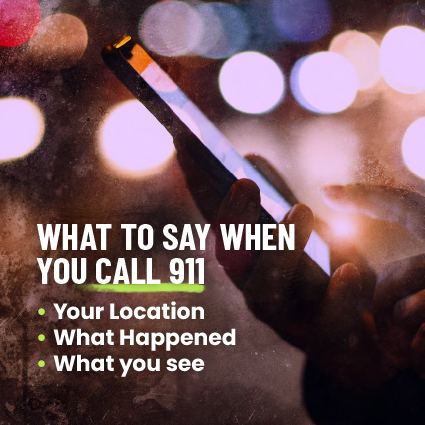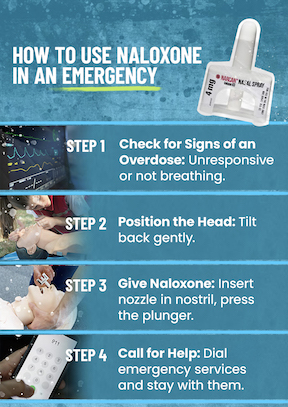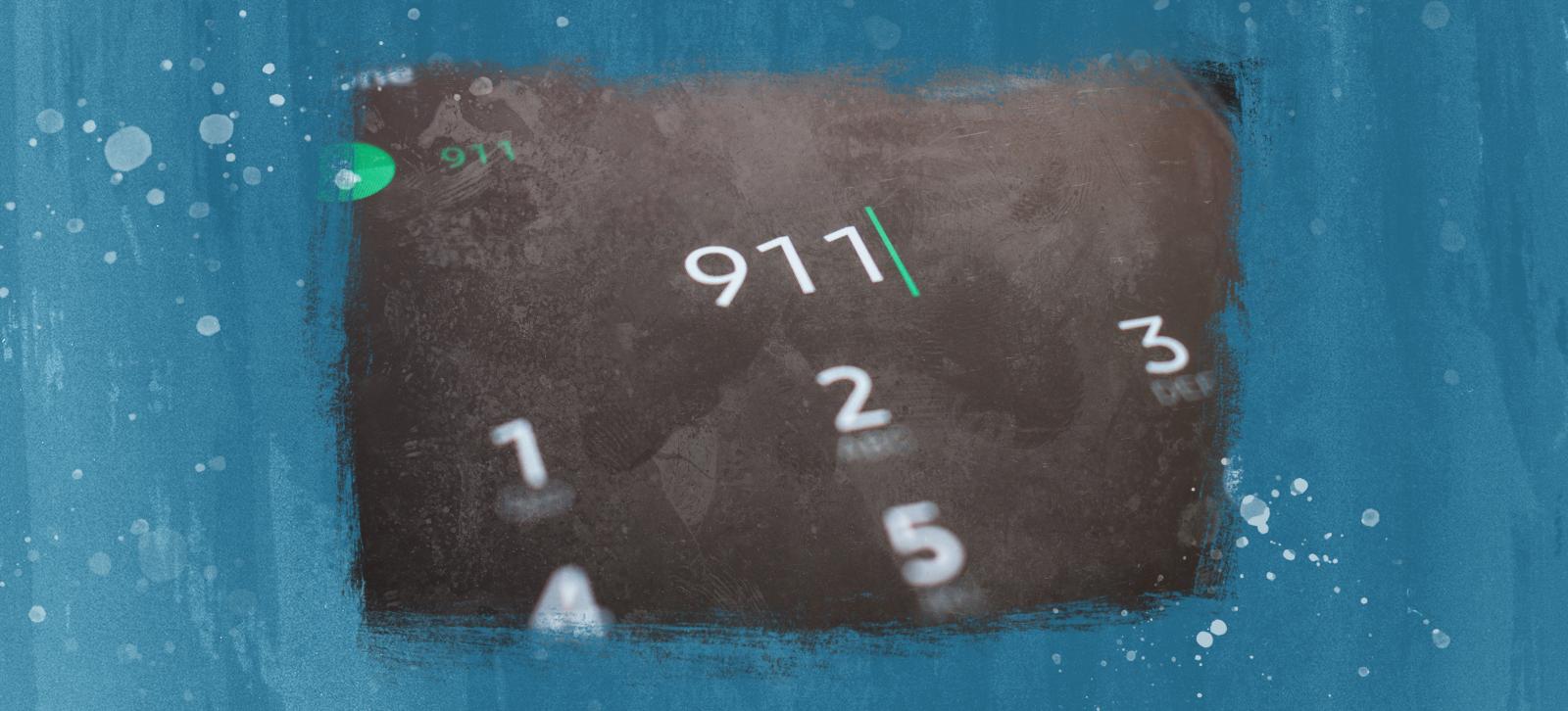Good Samaritan Laws—Don’t Be Afraid To Call For Help
Imagine hanging out with friends at a party, and suddenly, someone passes out or looks seriously unwell. You know they need help, but questions start running through your mind: What will happen if I call 911? Will I get in trouble? If you’re feeling unsure, California’s Good Samaritan laws are here to give you peace of mind. These laws exist to protect you in these situations, making sure you can call for help without worrying about getting into trouble. In this blog, we’ll break it down so you don’t have to question whether or not to save someone’s life.
What Are Good Samaritan Laws

Here’s how they work:
If someone overdoses or is in serious danger due to drugs, anyone can call for help without facing arrest or charges for minor drug possession. This protection doesn’t apply if the person has very large amounts of drugs that would suggest trafficking or sales.
There are also laws to protect people under 21 when alcohol is involved. If someone under 21 calls 911 because a friend needs help after drinking too much, they won’t face criminal charges for underage drinking. This protection is for both the caller and the person who needs help.
These protections apply if you or someone else at the scene seeks medical help. It doesn’t prevent charges for other legal violations (like driving under the influence).
Why Good Samaritan Laws Matter
When someone overdoses or is unconscious, every second counts. Delays in calling for help can mean the difference between life and death, and waiting too long can increase the risk of serious, lasting effects like brain damage or other long-term health issues. These laws are meant to encourage you to take action as quickly as possible.
When You Should Call 911
If a friend or someone near you seems to be in danger after using drugs or alcohol, it’s crucial to call 911 right away. Remember, every second counts. Here are some warning signs that mean it’s time to get help:
- Loss of consciousness or trouble staying awake
- Slow or irregular breathing
- Blue or pale lips or nails
- Vomiting or choking sounds
- Seizures
What To Say When You Call 911

When you call 911, try to stay as calm as possible and give the operator clear, important details, such as:
- Your Location: Let them know exactly where you are, including any landmarks that could help first responders find you.
- What Happened: Explain that someone might be overdosing or having a serious reaction to drugs or alcohol, and let them know what they took if you are aware.
- What You See: Describe the symptoms they are showing, like if they’re unconscious, breathing irregularly, or turning blue.
What To Do After You Call 911
Once you’ve called 911, here are a few steps to take while waiting for help:
- Stay With the Person: Don’t leave them alone, as their condition could get worse. Remember, you’re safe, you don’t have to worry about getting in trouble.
- Position for Safety: If the person is unconscious but breathing, place them on their side to prevent choking if they vomit. Do not try to get them to throw up or put them in cold water, as these things have been shown to be ineffective and dangerous.
Opioids and Naloxone
If you suspect someone is overdosing on opioids, the best approach is to administer Naloxone first if you have it. Naloxone acts quickly and can reverse an opioid overdose within minutes, which can be life-saving. After giving Naloxone, it’s important to call 911 right away, as the effects can wear off within 30-90 minutes, and the person may need more help or additional doses.

It’s natural to feel nervous about involving the authorities, but Good Samaritan laws are there to help you do the right thing. The focus in moments of potential overdose or danger is on the safety and health of the person in trouble, not punishment. Your willingness to help can save a life.
Resources
If you or someone you know needs help for a substance use problem, you can call SAMHSA’s national helpline at 1-800-622-HELP (4357).
- The helpline is free, private, and available 24 hours a day/7 days a week for individuals and families experiencing mental health or substance use challenges.
- They can provide referrals and information on local resources, facilities, support groups, and community-based organizations.
- You will not be asked or required to give any personal information.
You can also visit their website at Samhsa.Gov, or send your zip code via text message to 435748 (HELP4U) to find help near you.
For more information on available resources, check out our Get Help page.
